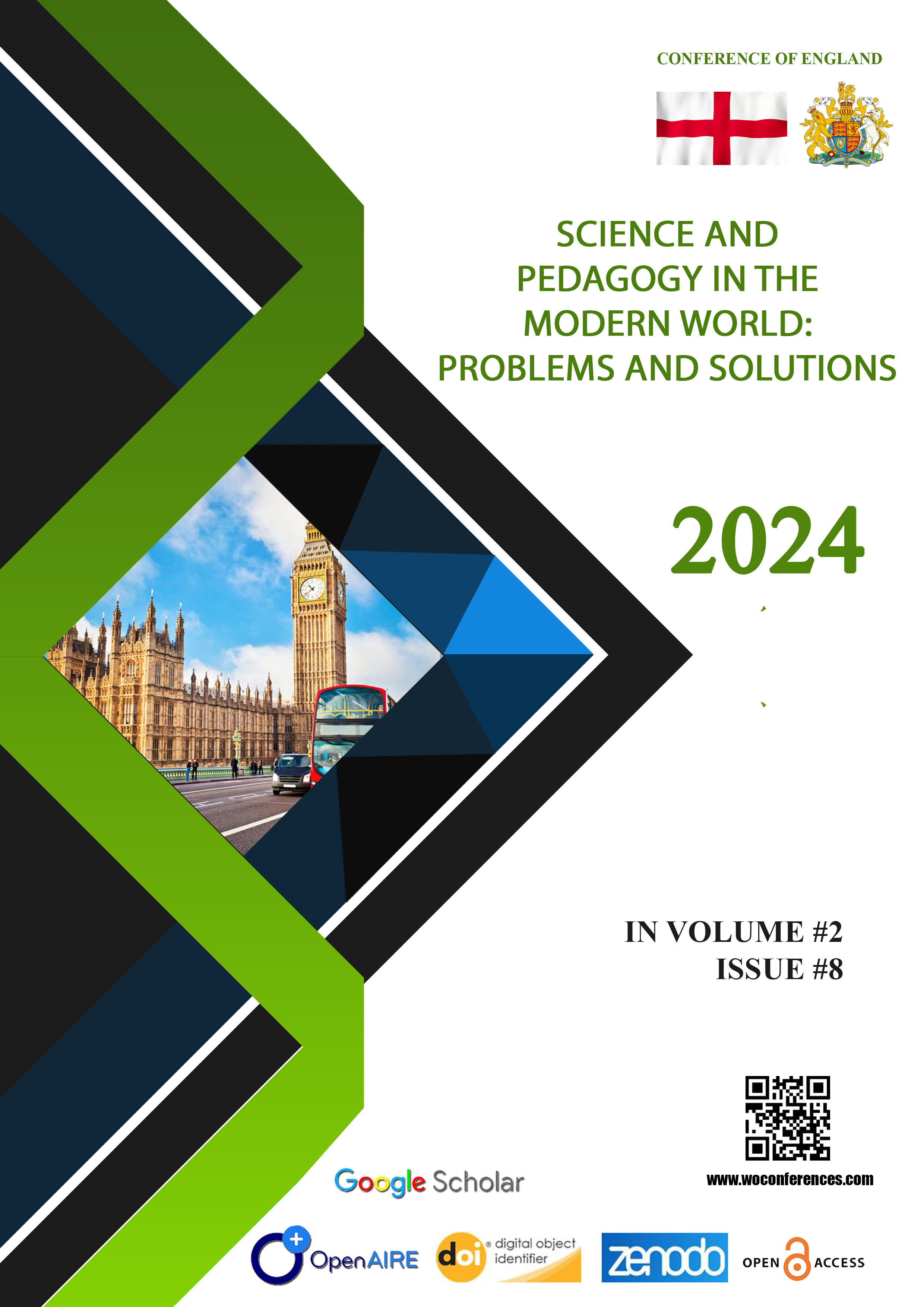THE MODE FORMATIVE ASSESSMENT IN EFL PROFICIENCY DEVELOPMENT
Abstract
Formative assessment is increasingly recognized as a vital component in the teaching and learning of English as a Foreign Language (EFL). This study explores the role of formative assessment in enhancing EFL proficiency, focusing on its impact on learner outcomes, teacher practices, and classroom dynamics. By employing research methods, the study examines the effectiveness of formative assessment strategies such as providing feedback, peer evaluation sheets, and self-assessment tasks. Findings reveal that formative assessment fosters learner autonomy, improves language accuracy, and boosts overall confidence in language use. The current article emphasizes the need for integrating formative assessment into EFL curricula to achieve more effective and sustainable language learning outcomes. Besides, it provides various successful methods of formative assessment in EFL classes.
References
1. Allal, L & Lopez, L.M. (2005). Formative Assessment of Learning: A review of publications in French. In OECD, Formative assessment improving learning in secondary classrooms.
2. McMillan, J. H. (2007). Classroom assessment, principles and practice for effective standards- based instruction (4 th Ed.). Pearson Education, Inc: Boston.
3. Leung, C., & Mohan, B. (2004). Teacher formative assessment and talk in classroom contexts: Assessment as discourse and assessment of discourse. Language Testing.









